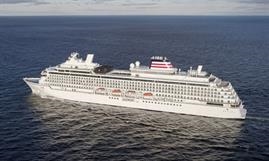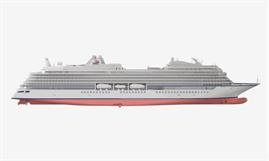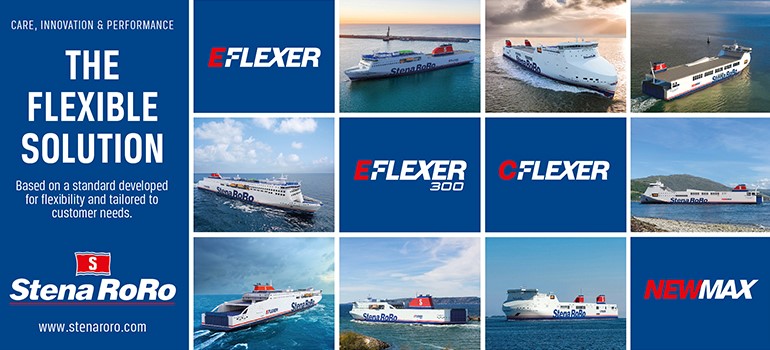
Hurtigruten Norway’s Sea Zero project enters next phase to launch zero emission ship by 2030
CruiseHurtigruten Norway, which is working towards its first zero emission ship by 2030, has kicked off an innovative research project in partnership with research institute SINTEF and 12 maritime partners. The new consortium is dedicated to developing innovative, zero-emission solutions for the future of passenger ships. Based on cutting-edge research, the partners aim to create the most energy-efficient and sustainable cruise ship ever built by 2030.
The "Sea Zero" project has been awarded EUR 7 million in public funding and has a total budget of EUR 13 million going into this research and development phase dedicated to developing pioneering solutions for energy efficiency, state-of-the-art battery solutions, propulsion technology, hull design, sustainable building practices, and onboard hotel operations to reduce energy use to a minimum.
The project builds on Hurtigruten’s 130-year pioneering heritage and aims to develop zero-emission ships specifically adapted to the Norwegian coast, with the first vessel expected to be delivered by 2030. With only 0.1% of all vessels worldwide currently using zero-emission technology, Hurtigruten Norway's project aims to have a significant impact on the cruise industry's sustainability and the future of travel.
The research phase will take place between 2023 and 2025, going directly into a new build project. The consortium aims to make the new ships zero emission to both sea and air, with one of the potential game-changers being a significant reduction in energy consumption.
“We aim to build the most energy-efficient passenger ship ever. We will turn every stone to cut both energy use, waste and emissions to a minimum,” said Gerry Larsson-Fedde, Hurtigruten Norway SVP for Marine Operations.
"Consumers will not continue to accept the use of heavy fuel oil or climate targets that are way behind the Paris Agreement. Zero-emission ships will be the game-changer our industry needs”, said Larsson-Fedde.
This phase follows Hurtigruten Norway’s recent EUR 10 million green upgrade launched last year, which included the first of several battery-hybrid ships in the Coastal Express fleet.
One of the key focus areas of the project is in the onboard hotel operations, sometimes consuming up to 50 % of the ship's total energy use. Developing new energy solutions for the hotel operations will be crucial to the project's success, as waste heat from engines is not available as a heat source when batteries replace traditional engines.
The Sea Zero project has the potential to impact the cruise and passenger transport industry by developing and demonstrating zero-emission ships and making new green technologies and products available for a large and global market. The project's total value creation potential is several hundred million euros up to 2030, with a significant portion of this potential expected to be realised when Hurtigruten Norway signs a contract for newbuilding on the first zero-emission ship.
Partners in the Sea Zero project:
Mar 26 2023
Most read
DFDS March 2025 volumes
Apr 14 2025



















